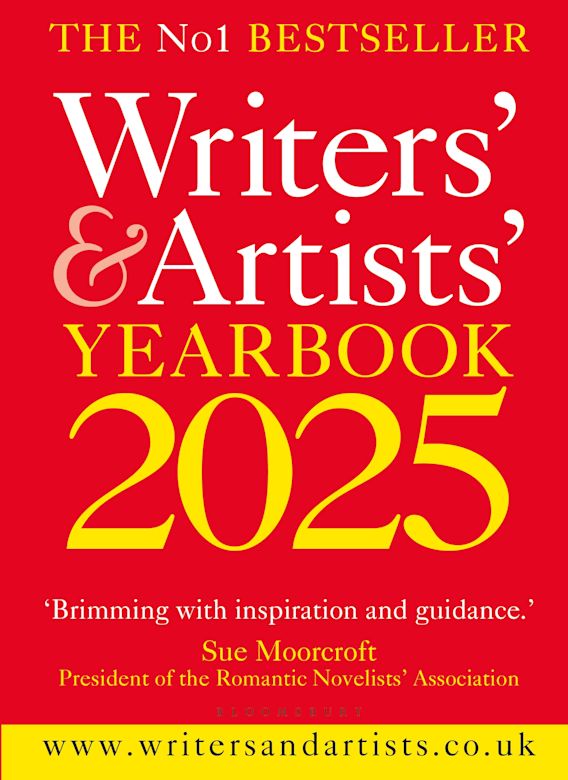In this extract from her article for the Writers' & Artists' Yearbook 2025, Sue Moorcroft explains the power of tropes in fiction.

What is a trope?
A trope is a recognisable situation that adds strength to your book – a creative signpost, a storytelling convention that’s characteristic of the genre. It can relate to theme, message, setting, character journey or, commonly, an aspect of the plot. It doesn’t matter whether your romantic protagonists are straight, gay, non-binary or from different cultures, planets or species, tropes are relevant. Don’t worry if you hear doubters suggest that a trope must be a cliché. No, it must not. No imagination, ingenuity or originality is sacrificed, because tropes provide the bones of your story, but not the complete, beautiful, unique whole that you create. Tropes can be found in everything from Shakespeare to romantasy.
How could utilising tropes work for you?
Tropes can keep you focused as you write. It’s surprising how character dynamics might waver if you’re not sure what’s beneath your story’s skin. For example, if you understand that you’re writing a second-chance romance, you’ll recognise the need to create good reasons for the relationship to have foundered first time around, and to find a way for your characters to get over those hurdles in a credible way when they plunge into a new love story.
In the same way that publishers highlight tropes such as enemies to lovers to let readers know what they’re getting and enable them to choose their favourite kind of story, an awareness of tropes allows you, the author, to speak the same language as editors or agents. In a submission, a covering letter or the synopsis can mention specific tropes to convey aspects of the plot, signal that you know what you’ve written and that you’re writing with the market in mind.
Romance readers and reviewers use trope hashtags on social media to tell each other what to expect and make it possible to easily locate the kind of story they like to read. #FakeDate, #RightPersonWrongTime and #ForcedProximity are just a few. You can use similar hashtags, too, to let readers know you’re writing to please and satisfy them. Some tropes even become the title of a book, so keen are publishers to find the readers who love exactly what that author writes.
Sue Moorcroft is President of the Romantic Novelists’ Association (RNA) and she writes contemporary women’s fiction with occasionally unexpected themes. Her books – many of which are set in the fictional village of Middledip – include Let It Snow (Avon 2019), The Christmas Love Letters (Avon 2023) and An Italian Island Summer (Avon 2023).
Comments